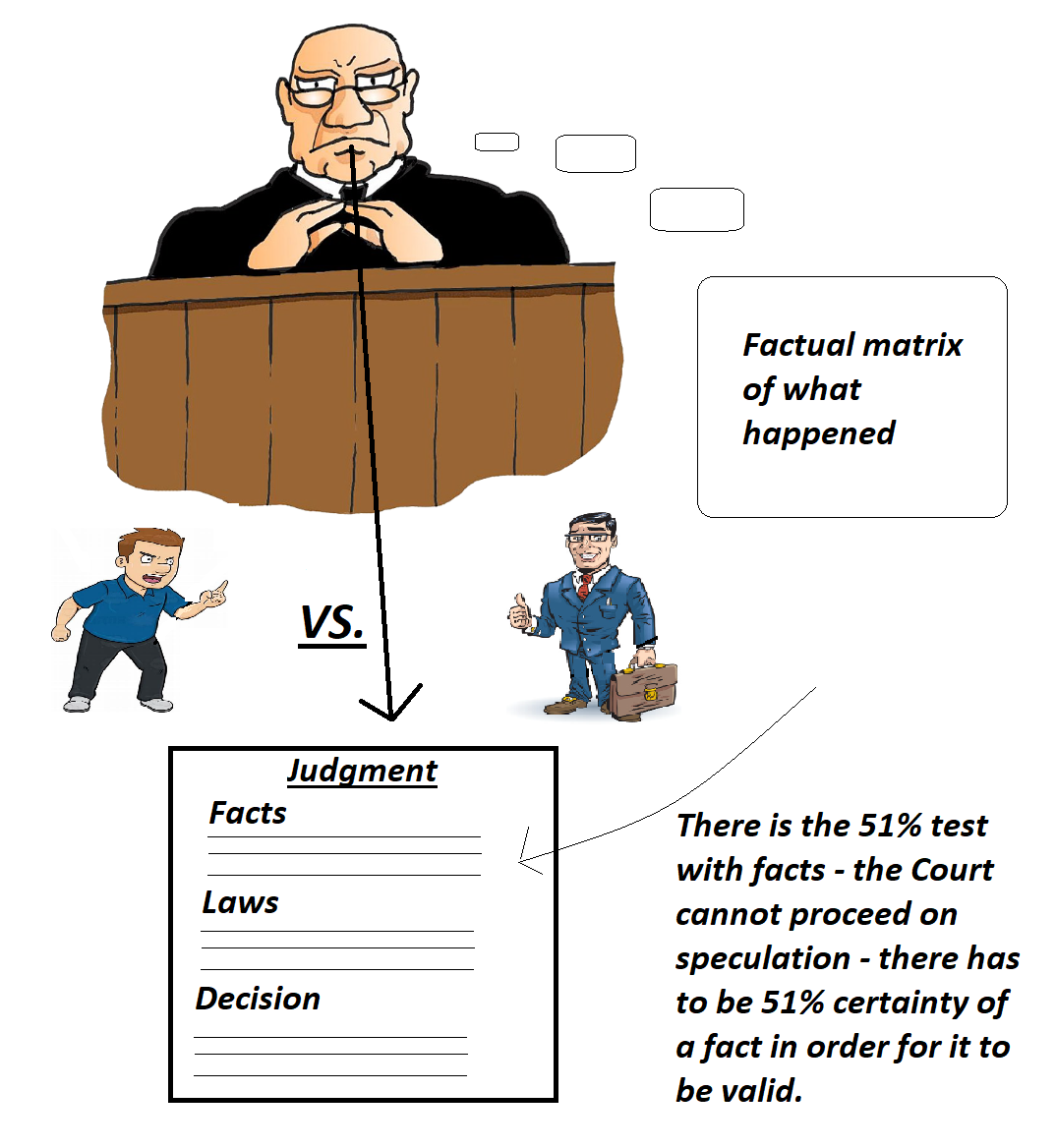F. Hoffmann-La Roche & Co. A.G. v. Secretary of State for Trade and Industry [1975] A.C. 295
Citation:F. Hoffmann-La Roche & Co. A.G. v. Secretary of State for Trade and Industry [1975] A.C. 295
Rule of thumb:When can Regulations be challenged as being inherently defective and inapplicable? The Court affirmed that Regulations and orders (statutory instruments) passed by Ministers are presumed to be valid, and a Court is not obliged to check the validity of a regulation before relying on it. However, if one the parties shows that the statutory instrument has been passed (i) without a proper statutory base or, (ii) without a democratic process beforehand through committee reports etc to consider, it will be interpreted to be an ultra vires act by the Minister and inapplicable. This is called the ‘patent’ and ‘latent’ defects of regulations principle – ‘patent’ defects being regulations without a statutory base, and ‘latent’ defects being regulations passed without a democratic consultation process.
Background facts:
The facts were that the Secretary of State/Government Minister sought an injunction under section 11(2) of the Monopolies and Restrictive Practices (Inquiry Control) Act 1948 to stop Hoffman La Roche, a dominant company, from charging higher prices.
Arguments:
Hoffmann La Roche argued that the regulation was ultra vires because it was based upon a report prepared by the Monopolies Commission, and Hoffmann La Roche argued that this report had been unfairly accepted by the Minister as the basis for their decision without due regard to proper principles of democracy, as Hoffmann La Roche were given no chance to properly respond to the Report and explain how the price was formulated.
Judgment:
The Court upheld the arguments of Hoffman and therefore concluded the pricing cap did from the statutory instruments did not apply. The Court also affirmed that where a Judge gets the law wrong in the dispute between the parties, and it is affirmed to be wrong law after, then this still binding upon the 2 parties and this cannot be overturned, albeit that it is not a valid authority in future cases.

Ratio-decidendi:
‘Under our legal system, however, the courts as the judicial arm of Government do not act on their own initiative. Their jurisdiction to determine that a statutory instrument is ultra vires does not arise until its validity is challenged in proceedings inter partes either brought by one party to enforce the law declared by the instrument against another party or brought by a party whose interests are affected by the law so declared sufficiently directly to give him locus standi to initiate proceedings to challenge the validity of the instrument. Unless there is such challenge and, if there is, until it has been upheld by a judgment of the court, the validity of the statutory instrument and the legality of acts done pursuant to the law declared by it are presumed. It would, however, be inconsistent with the doctrine of ultra vires as it has been developed in English law as a means of controlling abuse of power by the executive arm of Government if the judgment of a court in proceedings properly constituted that a statutory instrument was ultra vires were to have any lesser consequence in law than to render the instrument incapable of ever having had any legal effect upon the rights or duties of the parties to the proceedings (cf. Ridge v. Baldwin [1964] A.C. 40). Although such a decision is directly binding only as between the parties to the proceedings in which it was made, the application of the doctrine of precedent has the consequence of enabling the benefit of it to accrue to all other persons whose legal rights have been interfered with in reliance on the law which the statutory instrument purported to declare’, Lord Diplock at 365
Warning: This is not professional legal advice. This is not professional legal education advice. Please obtain professional guidance before embarking on any legal course of action. This is just an interpretation of a Judgment by persons of legal insight & varying levels of legal specialism, experience & expertise. Please read the Judgment yourself and form your own interpretation of it with professional assistance.

